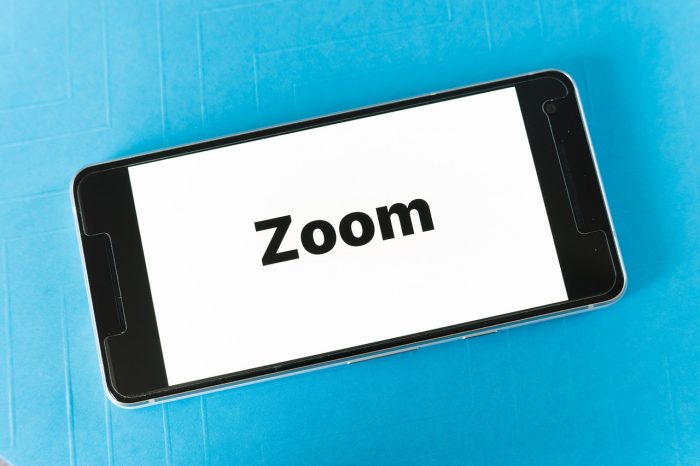The Centers for Medicare and Medicaid Services (CMS) released and published the fiscal year (FY) 2025 inpatient rehabilitation facility prospective payment system (IRF PPS) final rule in the August 6, 2024, Federal Register. Some of the key provisions contained in the provider rule are noted below.
Payment Updates
CMS estimates aggregate payments to IRFs will increase by 2.8 percent in FY 2025, compared to the 4.0 percent payment update that CMS finalized for FY 2024. This update is the result of an annual market basket update, reduced by a productivity adjustment, budget neutrality adjustments for changes to CMG weights and labor/wage changes, and adjustments to the outlier case threshold.
As in previous years, CMS will adopt new delineations for the Core-Based Statistical Areas (CBSA) as identified by the Office of Management and Budget (OMB). [Additional and more detailed information on these new CBSAs can be found in OMB Bulletin No. 23-01] These changes will result in certain counties being reclassified from urban to rural and vice-versa, as well as some counties shifting to different CBSAs. As a result, CMS projects that approximately 10 percent of providers will have a higher wage index, but 16 percent will face a decrease in wage index values (primarily for those reclassified as urban, thus losing the rural adjustment). Thus, CMS finalized a transitional “phase-out” policy for those negatively impacted, such that IRFs set to lose their rural adjustment will retain two-thirds of the adjustment in FY 2025, one-third of the adjustment in FY 2026, and fully “lose” the rural adjustment in FY 2027. CMS estimates that 8 IRFs would be reclassified as urban and thus lose the 14.9 percent rural adjustment.
CMS increased the outlier threshold amount from $10,423 for FY 2024 to $12,043 for FY 2025 (slightly lower than the proposed rule’s projection). This change will account for an estimated 0.2 percent decrease to aggregate payments across the IRF PPS in FY 2025.
Quality Reporting Program (QRP) Updates
CMS finalized its proposal to adopt four new items as Standardized Patient Assessment Data Elements (SPADE) under the social determinants of health (SDOH) category beginning with the FY 2028 IRF QRP: one Living Situation item; two Food items; and one Utilities item. CMS notes that these new SPADES are intended to assist IRFs in “better addressing those identified needs with the patient, their caregivers, and community partners during the discharge planning process, if indicated.”
Transportation Item Modification Finalized Beginning with the FY 2028 IRF QRP (October 1, 2026 Implementation)
Consistent with the AHC HRSN Screening Tool, CMS finalized a proposal to modify the A1250. Transportation item currently collected in the IRF–PAI in two ways: (1) revise the look-back period for when the patient experienced lack of reliable transportation; and (2) simplify the response options.
- A1250. Transportation currently collected in the IRF-PAI asks: “Has lack of transportation kept you from medical appointments, meetings, work, or from getting things needed for daily living?” The response options are: (A) Yes, it has kept me from medical appointments or from getting my medications; (B) Yes, it has kept me from non-medical meetings, appointments, work, or from getting things that I need; (C) No; (X) Patient unable to respond; and (Y) Patient declines to respond.
- The finalized Transportation item asks, “In the past 12 months, has a lack of reliable transportation kept you from medical appointments, meetings, work or from getting things needed for daily living?” The final response options are: (0) Yes; (1) No; (7) Patient declines to respond; and (8) Patient unable to respond.
Finalized Proposal to Remove the Admission Class Item From the IRF-PAI Beginning October 1, 2026, with Minor Modification
- CMS asserts that the Admission Class Item is currently not used in the calculation of quality measures already adopted in the IRF QRP. It further notes that it is not used for previously established purposes unrelated to the IRF QRP, such as payment, survey, or care planning. This removal will be effective beginning with the FY 2028 IRF QRP (beginning with patients admitted on October 1, 2026); however, IRFs will not be required to collect this item beginning with patients admitted on October 1, 2024.
For additional information, CMS published a fact sheet that provides an overview of the provisions contained in the final rule.













